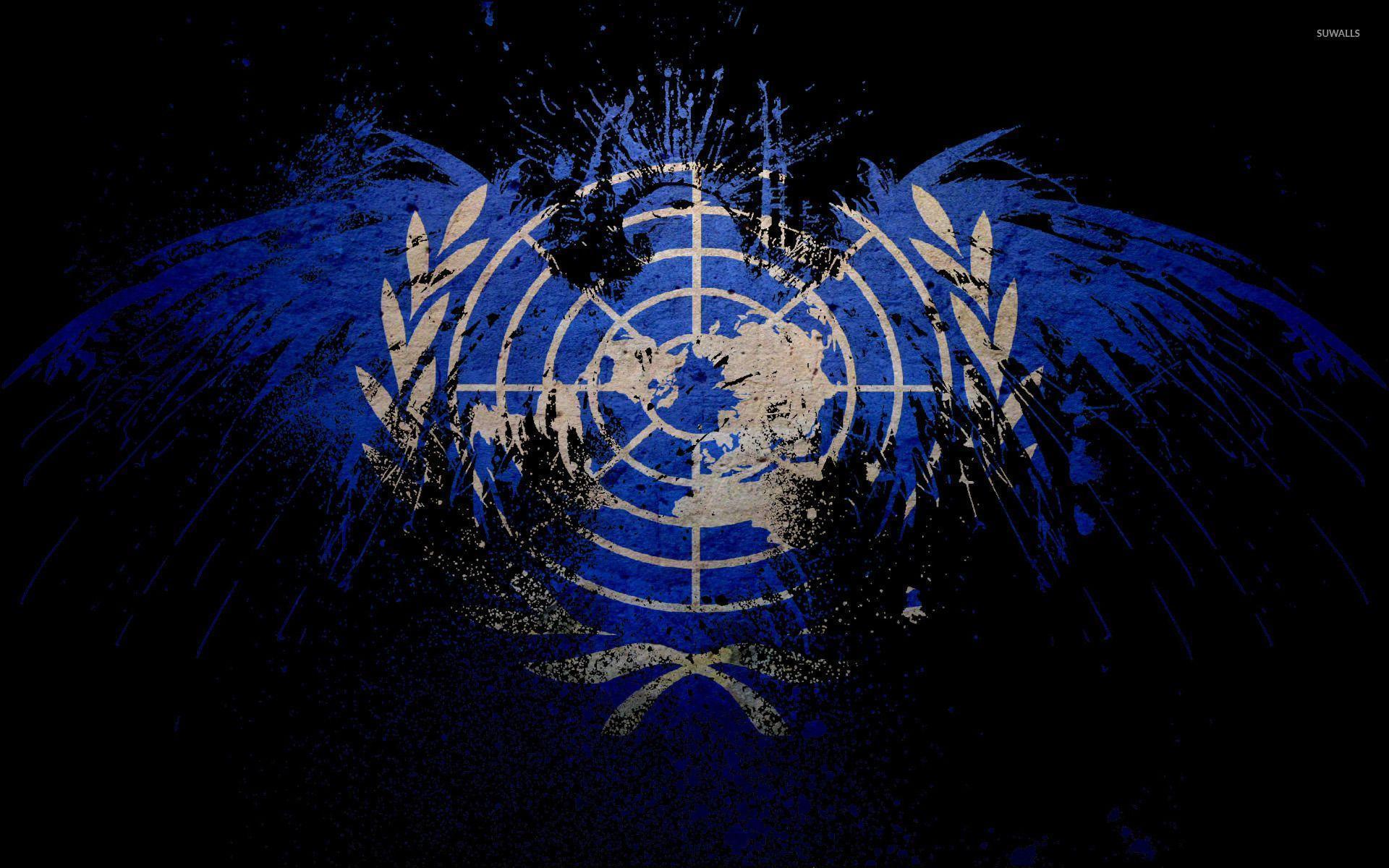Key tags: NGOs, Academia, United Nations
The BDS (Boycott, Divest, Sanction) movement draws on a Palestinian international solidarity strategy developed at a UN conference held in Durban, South Africa in September 2001 and officially launched in 2005 by 171 Palestinian NGOs. It is based on the premise that Israel maintains a regime of settler colonialism, apartheid, and occupation.
According to the BDS movement website, its goals are: “(1) ending Israel’s occupation and colonization of all Arab lands and dismantling the Wall, (2) recognizing the fundamental rights of the Arab-Palestinian citizens of Israel to full equality, and (3) respecting, protecting, and promoting the rights of Palestinian refugees to return to their homes and properties as stipulated in UN Resolution 194 (1948)”. The BDS campaign pressures governments, companies, educational institutes and others to boycott Israel and anyone supporting her, to withdraw investments from Israel and ‘all companies that sustain Israeli apartheid’, and to ban business with Israeli settlements, end military trade and free-trade agreements, as well as suspend Israel’s membership in international forums.
Application to Israel
The BDS movement urges action to pressure Israel to “comply with international law” and claims that international law requires Israel to withdraw from ‘Arab land’. However, international law does not actually require Israel to withdraw from the territories that were occupied by Jordan between 1949 and 1967, nor from the Golan Heights, taken during hostilities against Israel and without secure peace agreements in place. Such issues have always been subject to negotiation between the parties involved.
The BDS movement also denies the legitimacy of the Jewish people’s right to self-determination. Thus, it is not just about removing the “Israeli military regime in the West Bank”, nor about creating a viable “Palestinian state” adjacent to Israel. Its ultimate goal is about dismantling the State of Israel as an expression of Jewish national identity.


